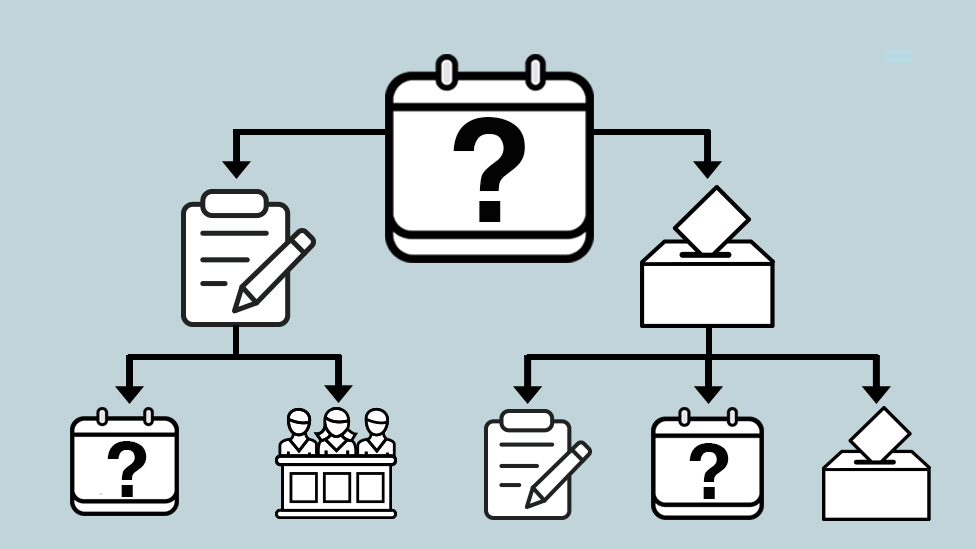Brexit: EU keen to quiz Theresa May ahead of summit
- Published
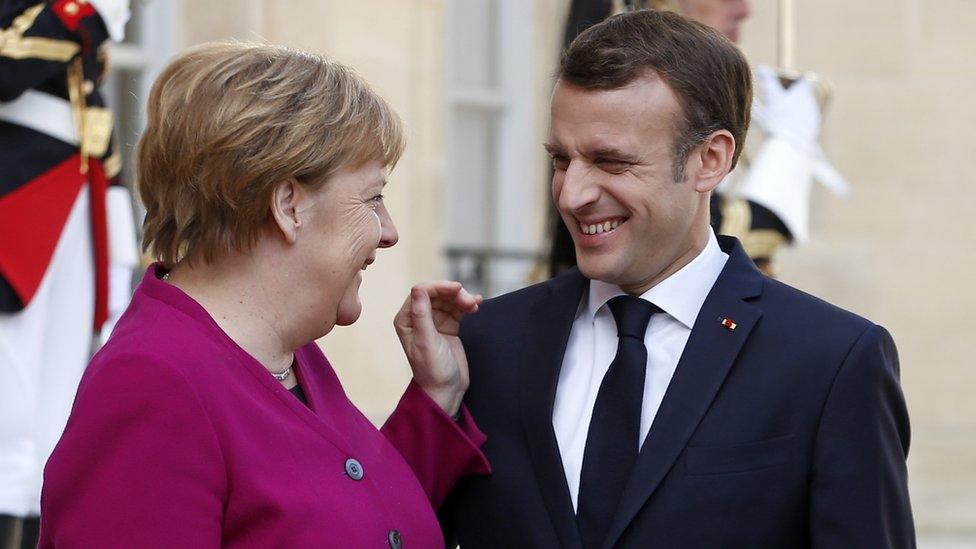
Theresa May will hold talks with German Chancellor Angela Merkel and French President Emmanuel Macron on Tuesday
Europe's leaders feel they have already lost far too much political time on Brexit.
Again today, Prime Minister Theresa May heads to Paris and Berlin for talks with Emmanuel Macron and Angela Merkel - this after a number of phone calls on Monday with other EU leaders - with little up her sleeve or in her pocket to share with them.
But far from showing impatience (OK, Berlin and Paris would have been happy with a call rather than a more time-consuming visit), EU leaders have welcomed being in contact with Mrs May ahead of Wednesday's Brexit summit.
She doesn't have a great track record for "getting the tone right on the night" at EU gatherings. And with a no-deal Brexit looming this Friday, the EU thinks this is no time for misunderstandings.
There is little European expectation that cross-party talks with opposition leader Jeremy Corbyn will come to fruition this week - if ever.
So, EU leaders are curious to hear the prime minister's Plan B. They hope there is one, although they're not convinced.
They want to know, if they say yes to another Brexit extension, what it will be used for.
And they suspect Theresa May wants them to do her dirty work for her. EU diplomatic sources I have spoken to suggest the prime minister may have officially asked the EU for a short new extension (until 30 June) as that was politically easier for her back home, whereas she believed and hoped (the theory goes) that EU leaders would insist instead on a flexible long extension that she actually needs.
The bottom line is: EU leaders are extremely unlikely to refuse to further extend the Brexit process.
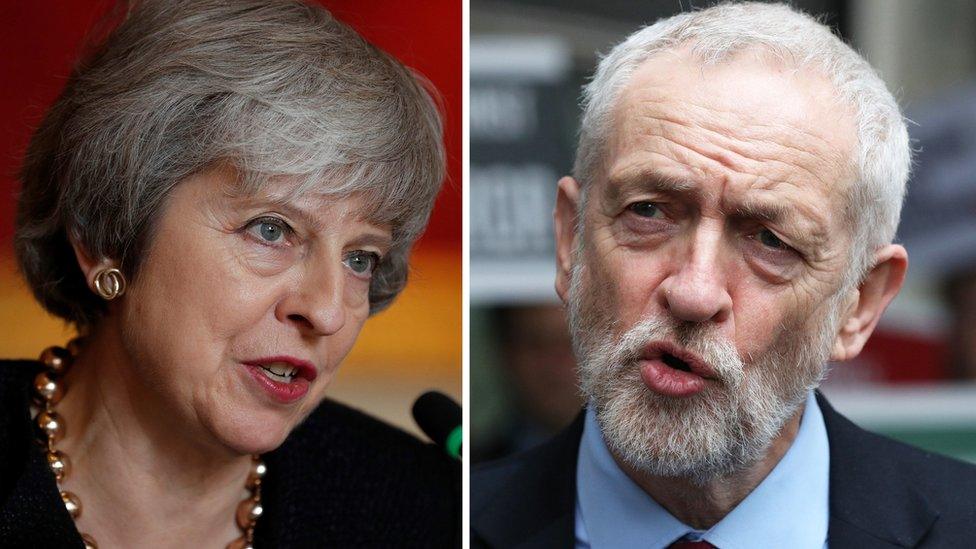
Government ministers are continuing talks with Labour leaders to try to find a compromise deal
France's Emmanuel Macron has been built up in the press (and he has done much to encourage this image) as the Brexit villain who could veto an extension and force no deal on Friday.
But, while possible, it is unlikely. There is no EU appetite for a chaotic Brexit. And while President Macron relishes playing bad cop, he alone will not want to be responsible for the effects of no deal in Calais and on the Irish border.
The first is bad for France, the other for Ireland (Mr Macron spoke of his solidarity with Ireland while in Dublin only last week) and for the EU as a whole - with a threat to the integrity of the single market along the border between Ireland and Northern Ireland after a no-deal Brexit.
Rather than vetoing an extension altogether, Mr Macron is more likely to push for tough conditions to any new Brexit delay, These are:
That the UK prepares to take part in European parliamentary elections (all EU countries are agreed on this)
That this new extension be the last one on offer to the UK
That the UK makes political commitments to abstain from or at least not to obstruct key decisions on the EU's future - such as the next EU budget - as long as the extension lasts
It's hard to see how the two last conditions could be made legally enforceable. But demanding "tough conditions" has as much to do with Mr Macron putting on his Defender of Europe hat for a wide audience, as anything else.
Aside from extension conditions, EU leaders are still split over how long any new Brexit delay could or should be.
Some feel a short extension would keep up the pressure on MPs to finally come to a Brexit conclusion. Others favour a longer extension - nine months to a year but with the UK able to duck out early after parliament ratifies a Brexit deal (the so-called "flextension").
Bear in mind, EU leaders are beginning to lose credibility at home for allowing the Brexit can to be constantly kicked down the road. Uncertainty is costly for European businesses too.
The Belgian prime minister has asked an inner core of countries most affected by Brexit - including Germany, Ireland, the Netherlands and France - to meet a couple of hours before the summit on Wednesday starts to try to iron out some of their differences ahead of time.
- Published8 April 2019
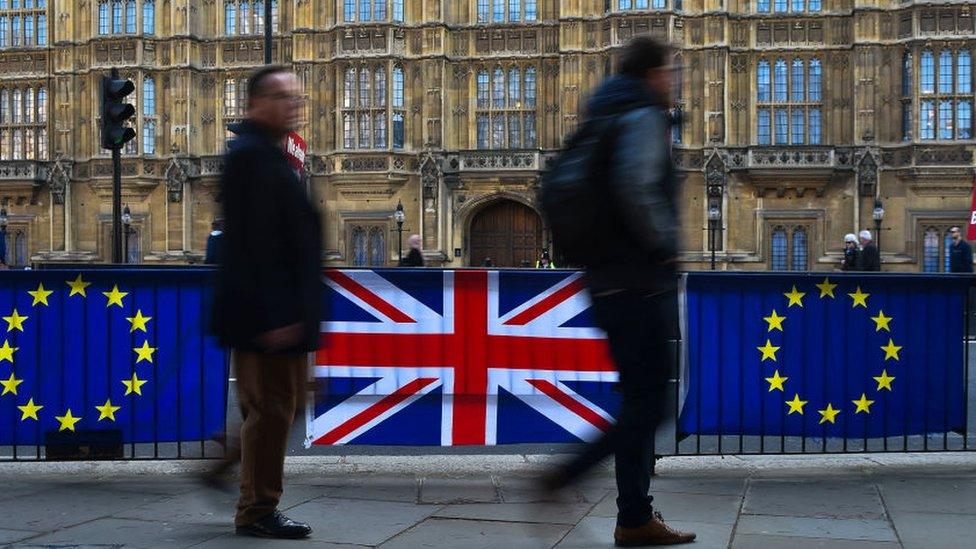
- Published8 April 2019
- Published30 July 2019

- Published23 December 2020
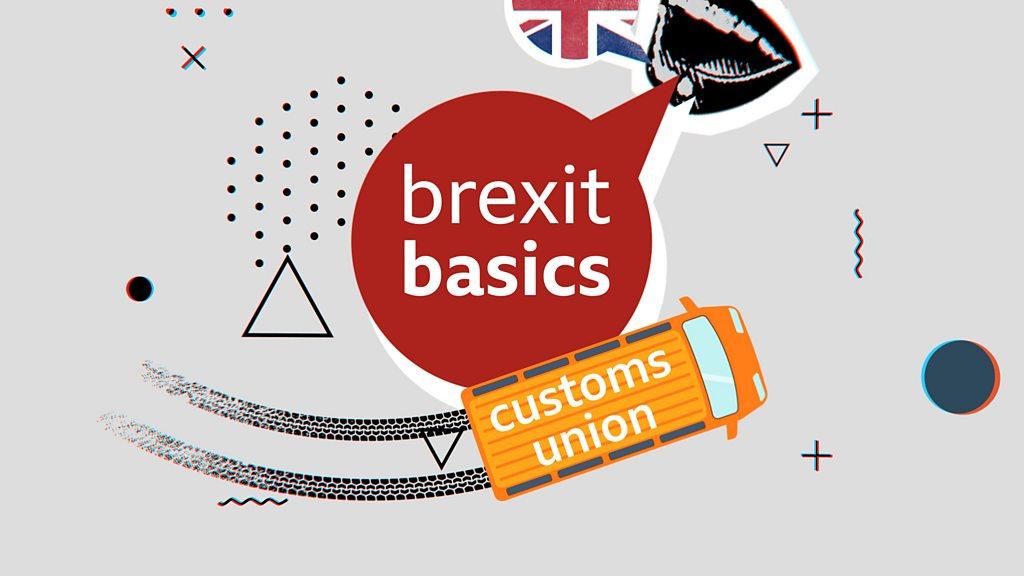
- Published13 July 2020
